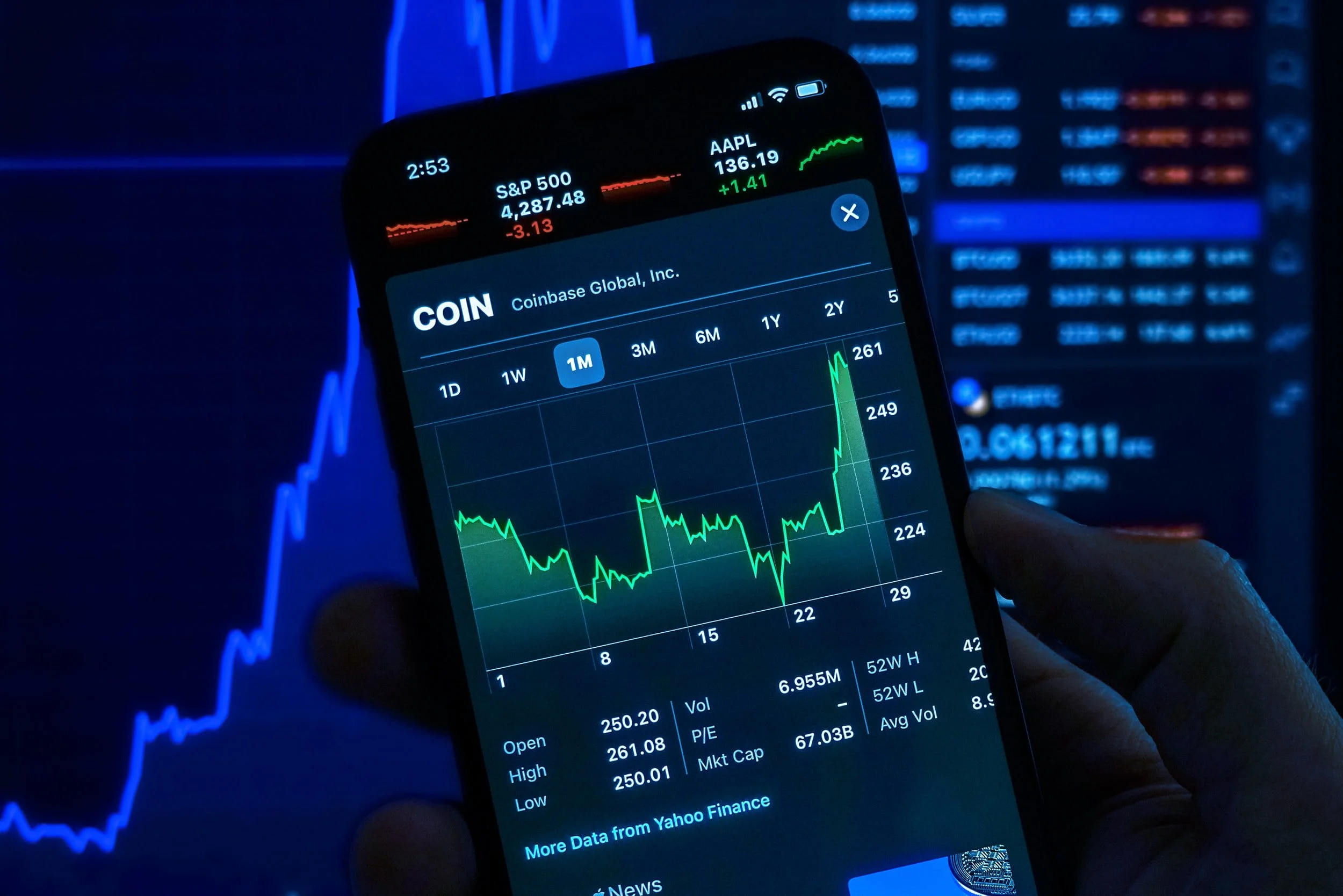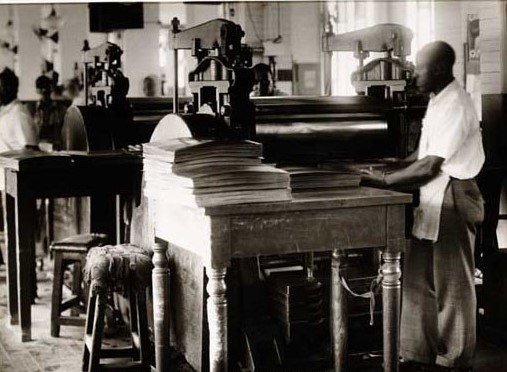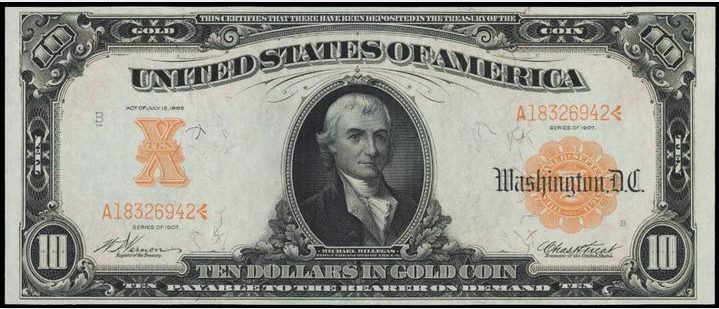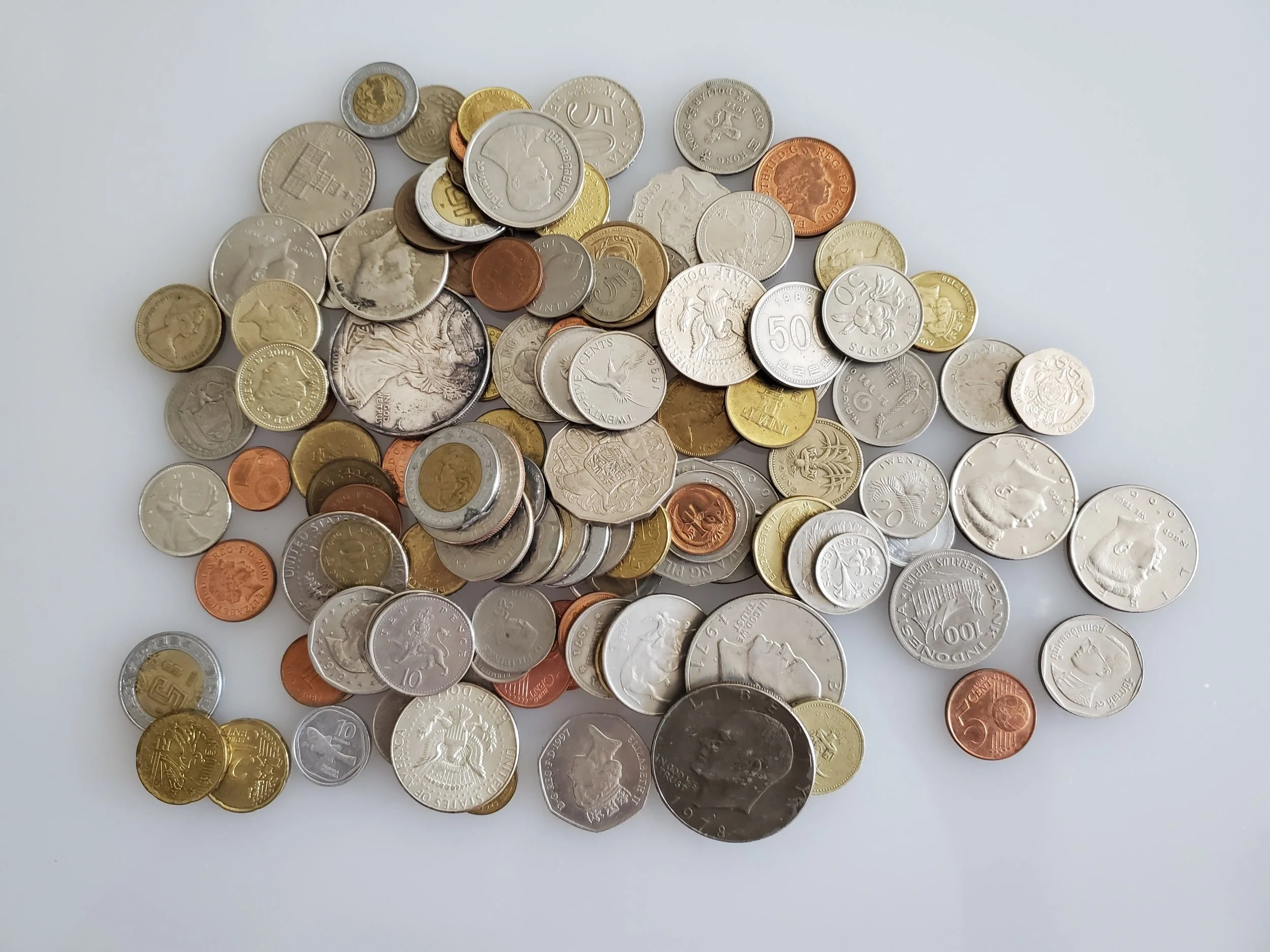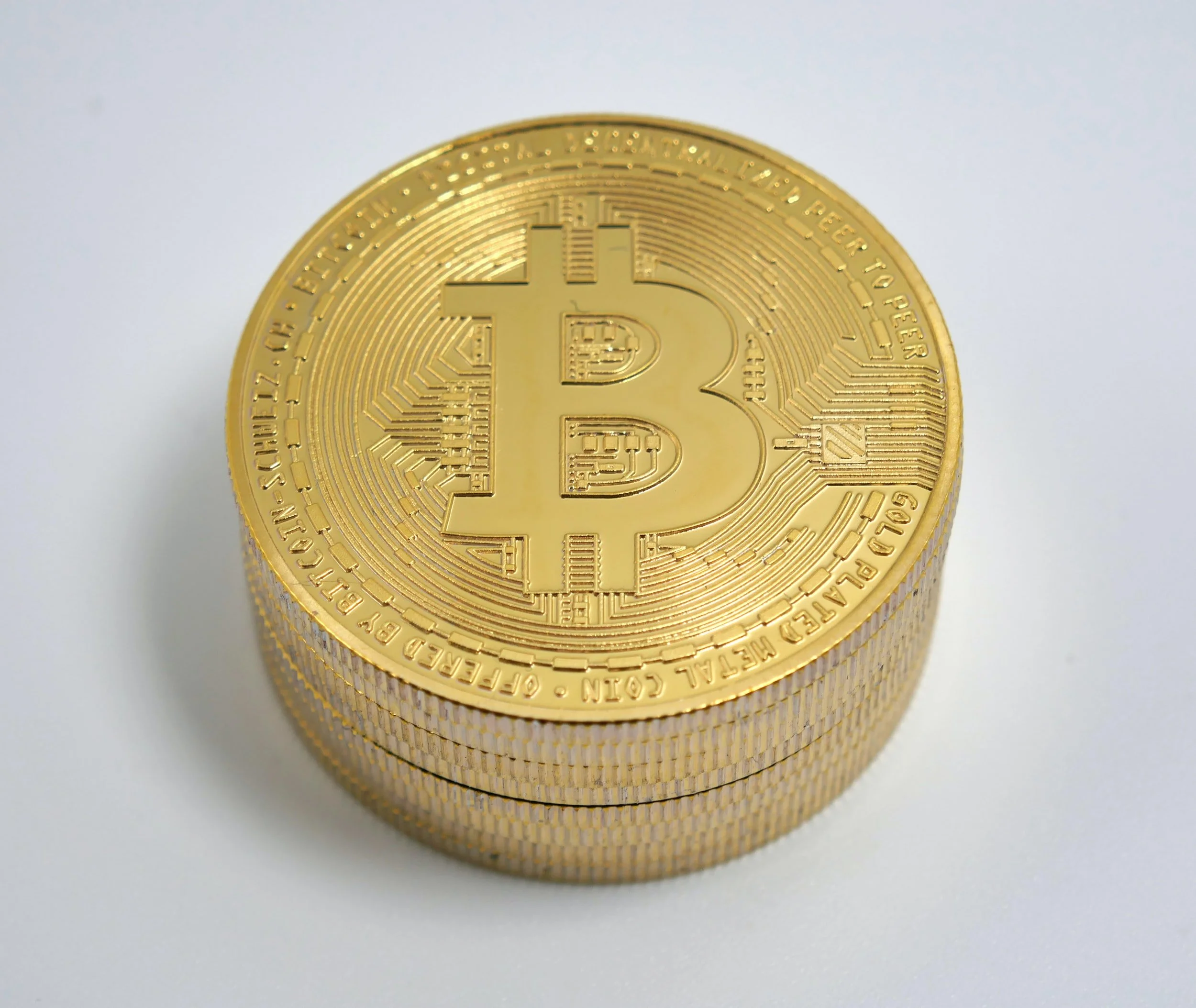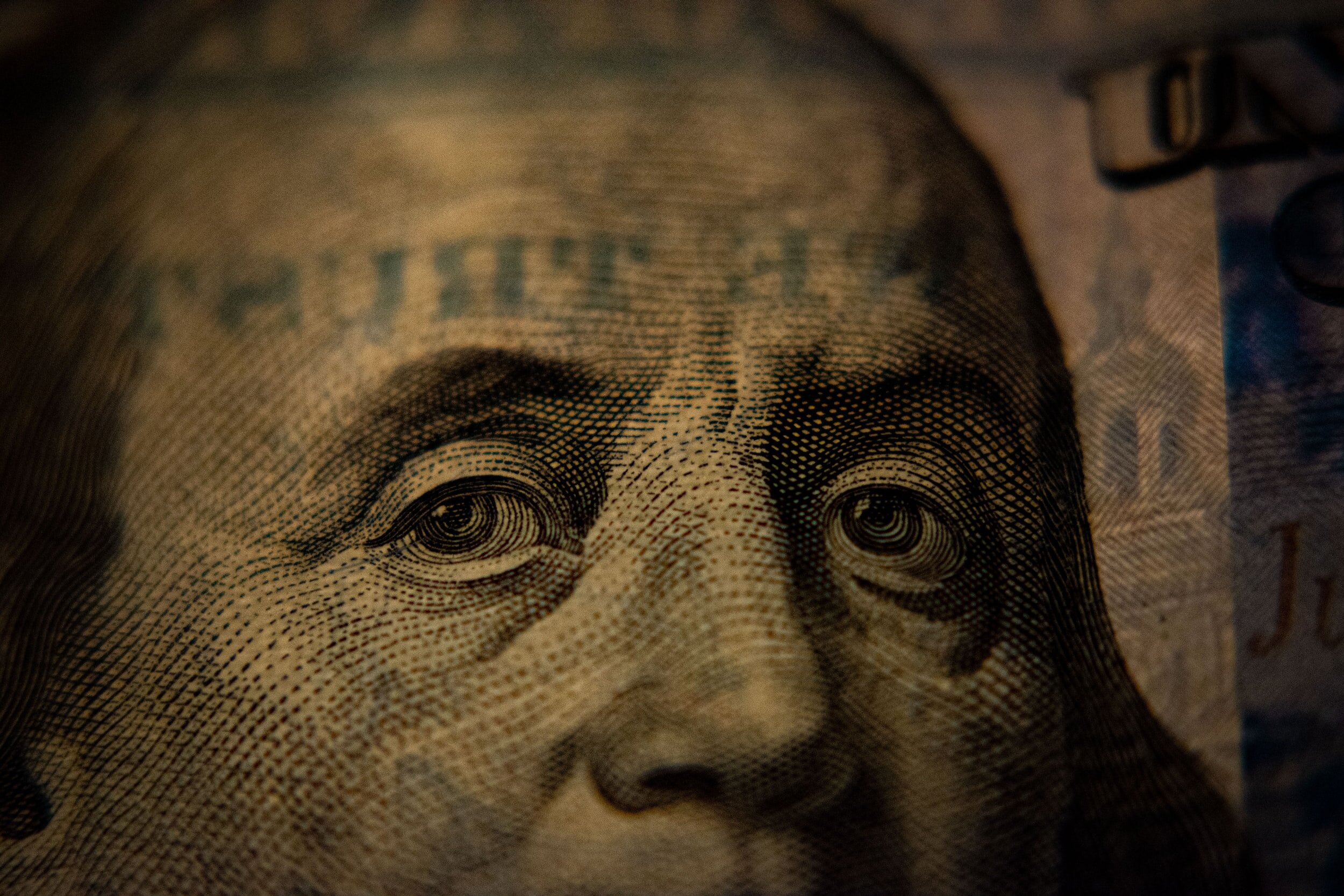
Money Tech Blog
News and Views on the Technology of Money: Past, Present, and Future
(Banknotes, Cryptobanknotes, Stablecoins, CBDCs, Bitcoin, and More)
The Politics of New Currencies
New currencies are often the target of politics. This not only applies to cryptocurrencies but also to past US currencies.
A Primitive Currency Smart Contract
The creation of central bank digital currencies (CBDCs) will allow money to contain smart contracts. This thought is not entirely new. A primitive smart contract was built into some US banknotes almost 80 years ago.
Payments in the Off-World Colonies, 2121
Thanks to Be In Crypto for inviting me to put on my Futurist hat and hypothesize what payments will look like in 100 years. The theme was payments in space. Drawing on Bladerunner, The Mandalorian, and Foundation, I focused on how payments will occur in the off-world colonies.
Where’s Jerome Powell’s Signature?
Why isn't Jerome Powell's signature on Federal Reserve Notes? The signatures of the US Treasurer and the US Secretary of the Treasury appear, but not the Chair of the Federal Reserve System. What's going on?
The Revolution in Banknote Printing
A revolution occurred in banknote printing in the mid-twentieth century. This was the transition from the wet method to the dry method of intaglio printing.
Winter & the National Currency, 1875
The US never put out a “Christmas” or “Winter” banknote. The closest I could find was a vignette of Washington crossing the Delaware. It was on a $50 National Bank Note, Series 1875.
When Lincoln Had His Own Banknotes
When the US starting issuing its own banknotes shortly after the start of the Civil War, there were no rules about who could appear on them. So, sitting President Abraham Lincoln could hold notes bearing his portrait.
Target Currencies: Beyond Crypto
From Edward de Bono (1994): “Computers now make it possible to run a system with multiple target currencies….Wages might be split between different currencies—though the consumer would be able to trade between different types of currencies, exercising his or her choice.”
The National Currency Before the Federal Reserve
Before crypto and even the Fed, the heart of the US currency system was in a room in Washington, DC. Pictured is a vault operated by the Office of the Comptroller of the Currency (OCC) in 1914, just a few months after the creation of the Federal Reserve.
An Obsolete Banknote Printing Process
Here's an example of an obsolete banknote printing process. The men in the photo are operating a Platering Press, which basically ironed sheets of currency to take out wrinkles.
$10 Gold Certificate, 1907
Let's talk about the lowest denomination Gold Certificate (GC) ever issued in the US, the 1907 Gold Certificate. Gold Certificates, as the name suggests, were backed by gold coin. You could exchange your GC for gold coin, but most people never bothered.
How the US Gov’t can Shut Out Crypto
In the 1820s, how did the US Treasury and the Second Bank of the United States (SBUS), the rough equivalent of the Fed, deal with all the independent currencies of the time? Basically, they refused to deal with them.
Postage Stamp Currency
Over the decades, the US has had many types of currency. Some of them were rather strange. Take for example this Fractional Currency, often referred to as postage stamp currency, authorized in July 1862.
Bitcoin & El Salvador
Back when El Salvador adopted Bitcoin as a legal tender, Andrew Singer of Cointelegraph asked me about my views on the matter. Here are some excerpts from the resulting article, An asset for all classes: What to expect from Bitcoin as a legal tender.
FDR and the $1 Bill
Let's talk about the only time a US President got involved in banknote design, helping to create the famous design on the back of the $1 bill.
The Shape of Fedcoin
What do we know about the Fed's design for a CBDC, sometimes referred to as Fedcoin? Not much. It’s certainly different from the ideas first expressed by JP Koning back in 2014, who created the term. But, if we read between the lines of some Fed talks, we can gather some ideas of the future.
Reducing Bitcoin's Carbon Footprint
Bitcoin may be able to reduce its carbon footprint by going analog. Bitcoin or any cryptocurrency, especially those involving proof of work, can use less energy by employing hybrid banknotes.
Very-High-Denomination Treasuries
From 1955 to 1969, the Treasury issued Treasury notes with the denominations of $100 million and $500 million. Why did the Treasury issue these very-high-denomination Treasury notes and why did it stop doing so?
Is a Bitcoin Really a NFT?
Being unique in some way, NFTs are not considered interchangeable and thus not fungible. But, could a bitcoin be defined as an NFT? Answering this comes down to how you interpret “fungibility.”
The Three US Currencies of 1960
There is much concern these days about multiple currencies circulating at the same time, causing chaos. There may be less panic if people remembered their history. In the US, there were multiple currencies circulating until the 1970s.








